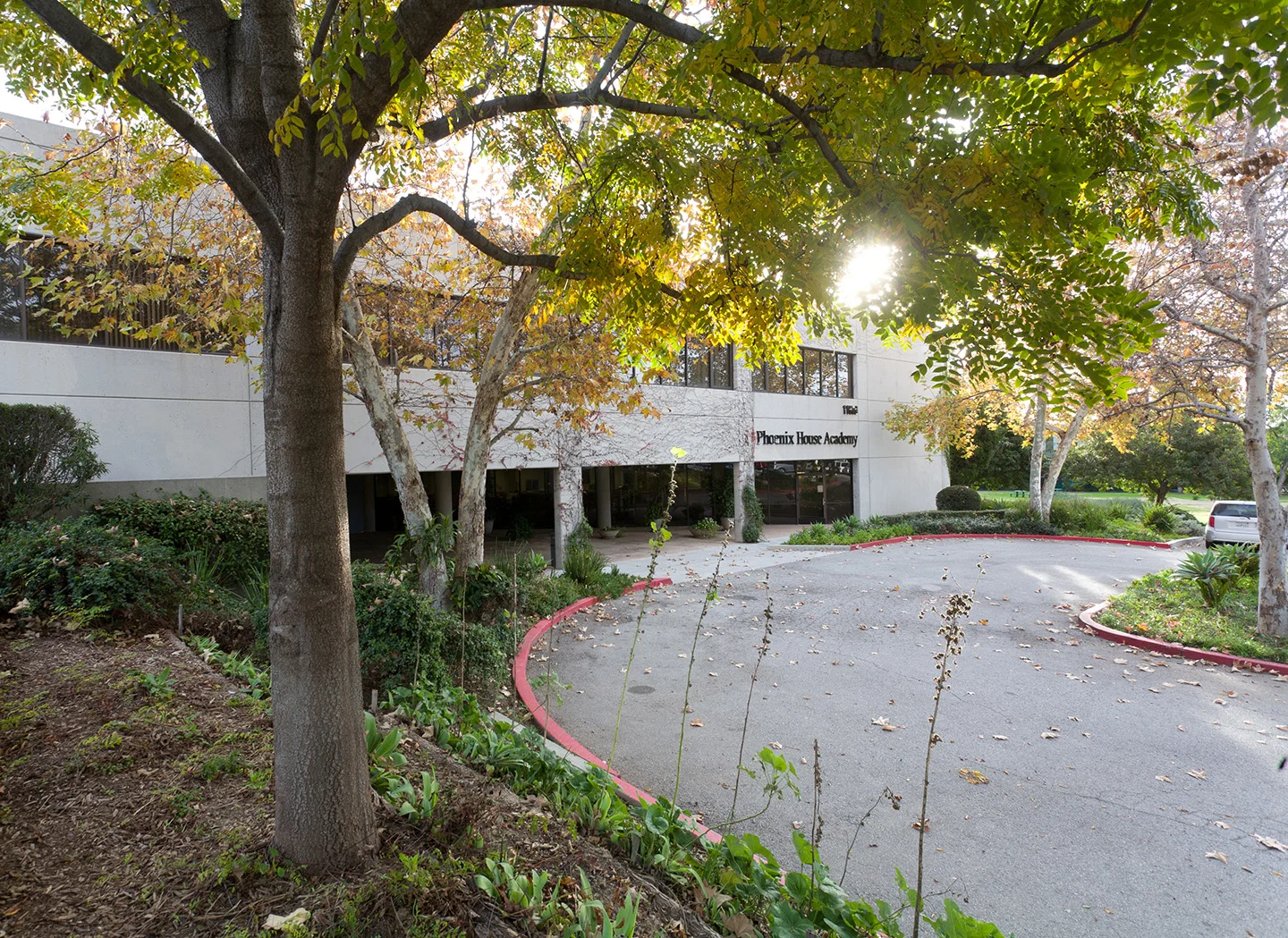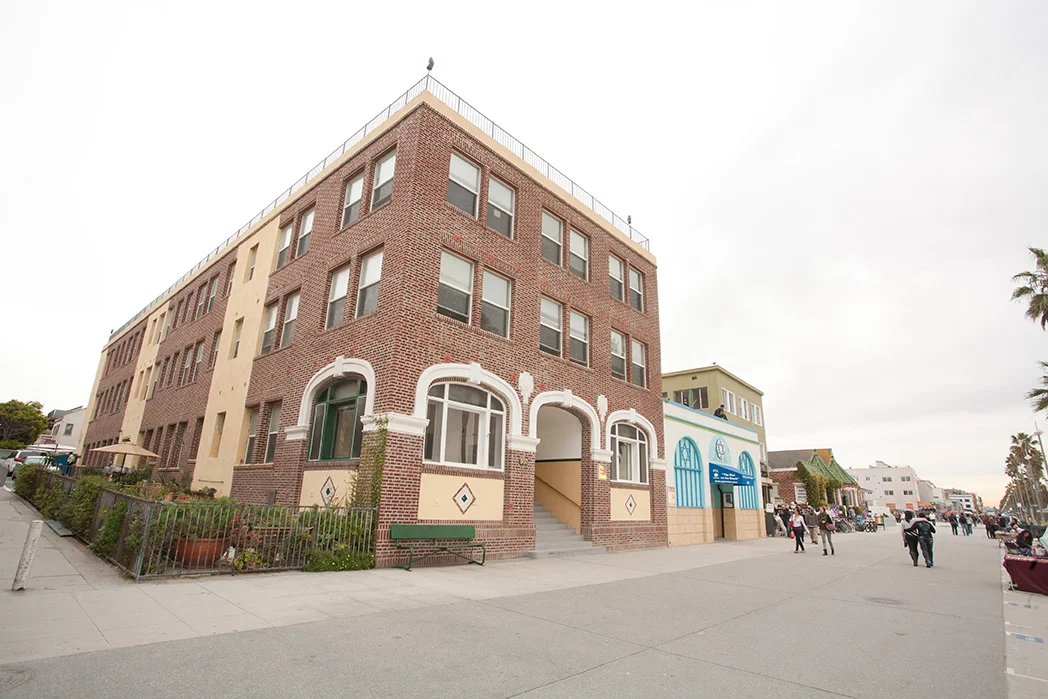Phoenix House - Services for Teens in Los Angeles Information
Treatment
Who We Treat
- Adolescents
- Children
- Male and Female
Conditions We Treat
- Anger
Languages
- English
- Spanish
Aftercare
- Outpatient Treatment
- Intensive Outpatient Program
- Support Meetings
Level of Care
- Outpatient
- Co-Occurring Mental Health
Accreditations
-
Commission on Accreditation of Rehabilitation Facilities (CARF)
CARF accreditation is a prestigious recognition for rehabilitation and human service organizations. It signifies that an organization meets high-quality standards and is committed to providing top-level care. CARF conducts rigorous evaluations to ensure compliance, enhancing an organization's credibility and reassuring clients and funders of exceptional service quality. This accreditation promotes excellence and continual improvement in the rehabilitation and human services field.

Additional Locations
Find the best treatment options. Call our free and confidential helpline today!









